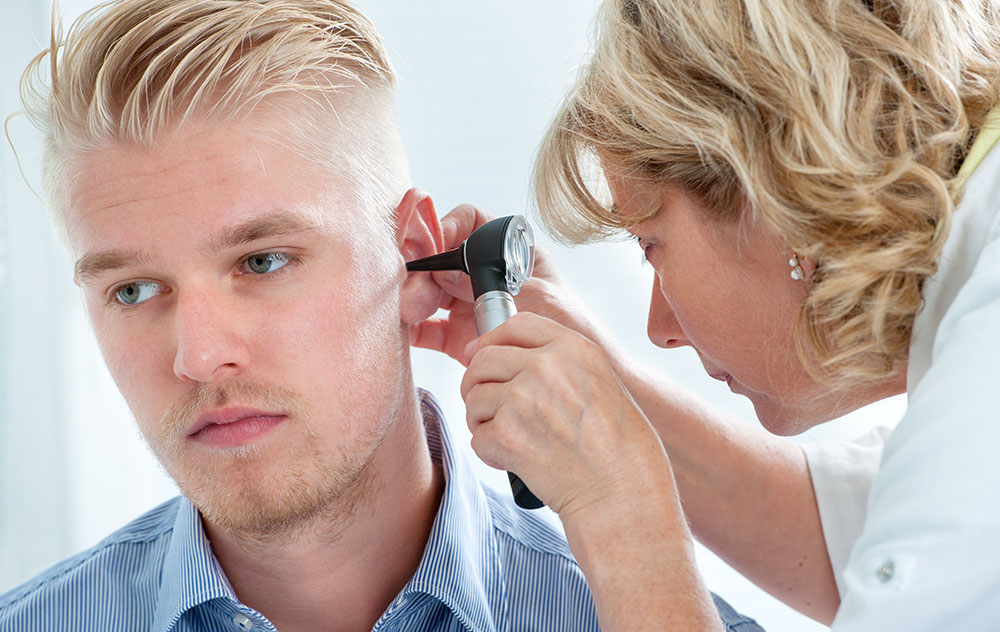How Alcohol Consumption Impacts Hearing Over Time
Regular alcohol use can influence hearing in ways that are easy to miss at
OUR NEW DEERFIELD OFFICE IS NOW OPEN! Click here for more information.


Regular alcohol use can influence hearing in ways that are easy to miss at

Allergies can affect more than just your nose and throat; they can also

You may notice that turning up the volume on your favorite songs no longer